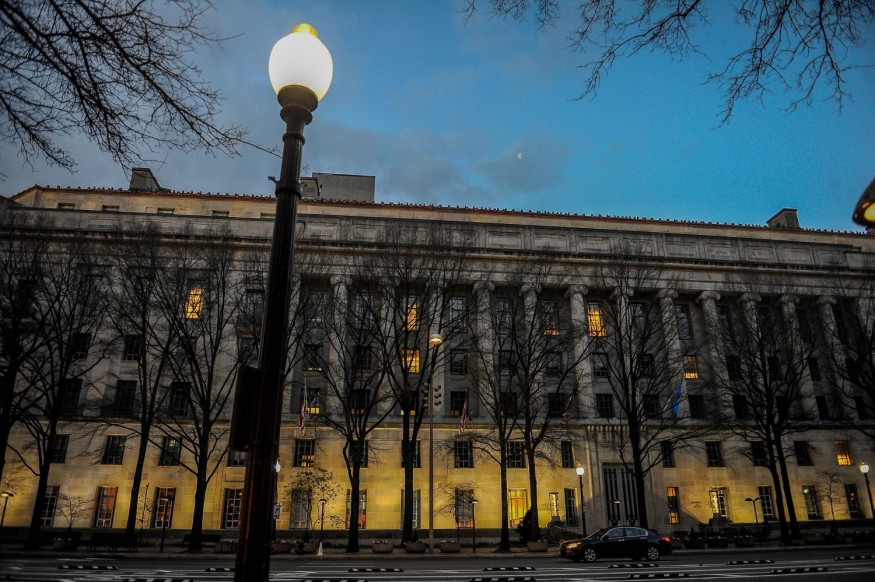Mexican Drug Lord's Son Was Extradited to the United States
Court records show that the son of one of the most sought after Mexican drug lords was deported to the United States to face the charges of trafficking in weapons.
Rubén Oseguera-González also known as the "El Menchito", 30, was charged with possession and use of firearms during his suspected drug trafficking activities in the United States from 2007 to February 2017. Oseguera-González, born in the United States, is the son of Nemesio Oseguera Cervantes, "El Mencho," leader of the notorious drug cartel, Jalisco New Generation.
Now in Washington, Oseguera-González will appear in court on Thursday afternoon. The American police force has identified him as a prominent Jalisco New Generation cartel former second-in-command.
In 2010, the gang arose following the death of Mexico's largest criminal organization, the regional leader of the Sinaloa drug cartel. The Jalisco New Generation cartel is estimated by the Mexican government to have accumulated $50 billion in wealth.
The military and police targets have been attacked over recent years, including the shooting in 2015 of the military helicopter killing 20 troops and a policewoman.
The cartel is operated by Oseguera-González' father who is one of Mexico's most sought after criminals. A $10 million reward is offered by the Drug Enforcement Administration to whoever can lead them to his arrest.
From January 2014 to August 2015, Oseguera-González was arrested and released four times, as he was eventually detained for being second-in-command on the cartel of Jalisco New Generation.
After his detention in Mexico in 2015, the son of the drug kingpin was fighting his extradition. DEA officers and members of the US Marshall Service took him to the United States Thursday night. The appeal against his move to the United States was refused to Oseguera-Gonzalez, who would be put before the Federal court in Seattle.

His extradition has triggered fears of possible retaliation
The Department of Justice finds the group to be one of the world's five most violent transnational criminal organizations, accountable for smuggling loads of cocaine and fentanyl-laced phentermine and numerous acts of violence into the United States.
The Associated Press mentioned in a report that after the previous high-profile military operations, criminal groups in Jalisco were responding by taking repressive measures including a rise in rhetoric against government (banners and internet threats) and blockades inside and out of the cities and highways.
The Mexican top security officer said last Friday, after the extradition to the United States of the son of a major drug cartel leader that authorities will be ready for potential retribution by the crime syndicate leaders.
Alfonso Durazo, Mexico's Secretary of Public Security, told reporters that Mexico did not give a special alert about potential dangers, yet authorities were monitoring crime that might result from extradition.
Although drug kingpins have been arrested and extradited, violence in Mexico has continued to rise. Over 35 500 people were reported victims of homicide last year by authorities, a record that is based on comparable files. In Mexico there are tens of thousands of people who are known as the victims of suspected violent disappearances.
Subscribe to Latin Post!
Sign up for our free newsletter for the Latest coverage!
© 2026 Latin Post. All rights reserved. Do not reproduce without permission.















